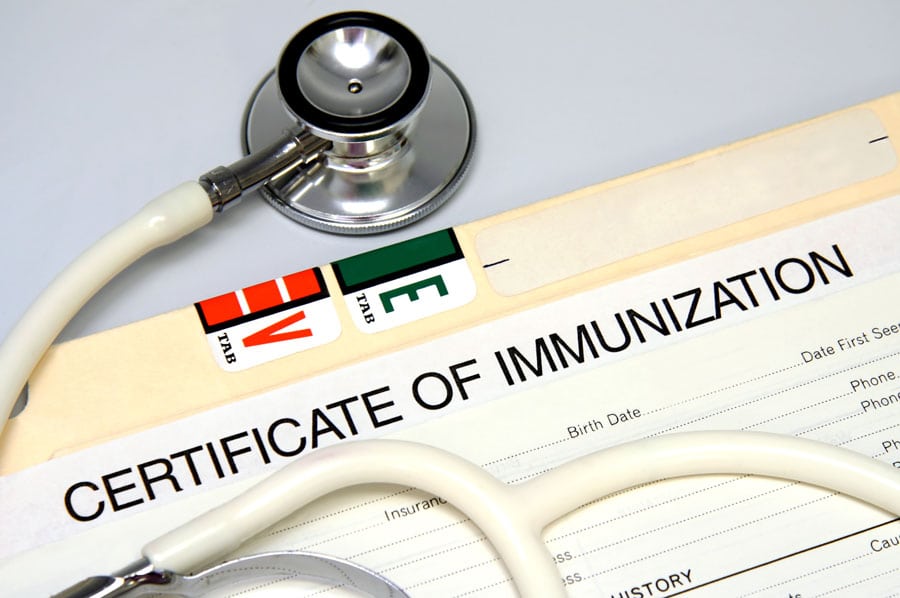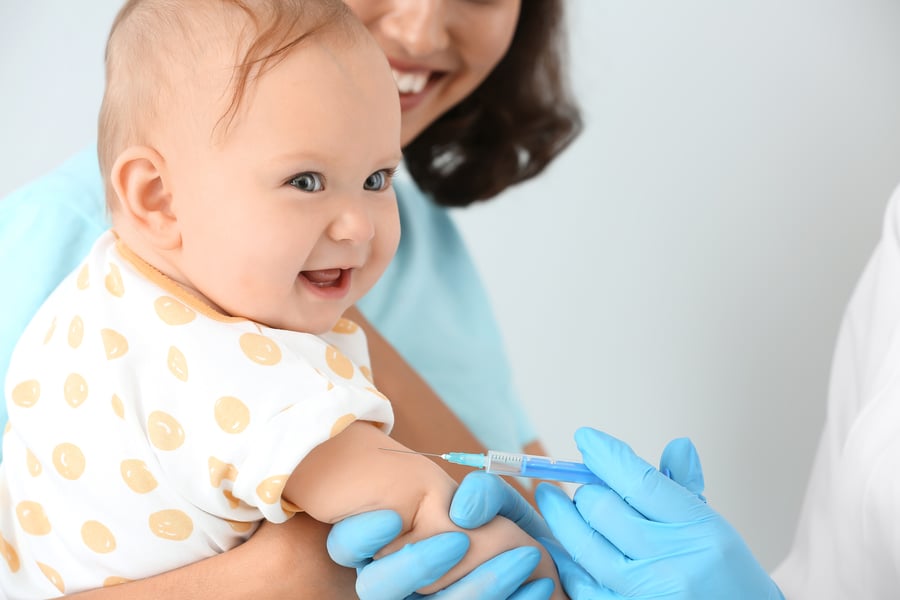Table of Contents
- New HealthPathways immunisation updates | Healthy North Coast
- The Safety, Importance and Effectiveness of Infant Immunizations
- Halton - Ensure immunizations are up-to-date to stay healthy and avoid ...
- Immunisation Safety Is A Long-Term Priority – Galen Centre
- Immunizations
- Why Are Vaccine Schedules Different in Each Country? - VAXOPEDIA
- 12 things you didn't know about immunization | UNICEF South Asia
- CDC Issues Guidance on Immunizations During Pandemic | AAFP
- Immunization | IMA World Health
- Immunization Schedules from Other Countries - VAXOPEDIA



What are Vaccines and Immunizations?



Types of Vaccines



The Role of the CDC in Promoting Vaccine Awareness and Education
The CDC plays a critical role in promoting vaccine awareness and education, working to ensure that individuals, healthcare professionals, and communities have access to accurate and reliable information about vaccines and immunizations. The CDC provides a range of resources, including: Vaccine schedules: The CDC recommends a schedule of vaccinations for individuals of all ages, from childhood to adulthood. Vaccine information statements: The CDC provides detailed information about each vaccine, including its benefits, risks, and potential side effects. Vaccine safety monitoring: The CDC monitors vaccine safety and efficacy, working to identify and respond to any potential safety concerns.
Benefits of Vaccines and Immunizations
Vaccines and immunizations offer numerous benefits, including: Protection against serious diseases: Vaccines can prevent serious and potentially life-threatening diseases, such as measles, mumps, and whooping cough. Prevention of disease outbreaks: Vaccines can help to prevent the spread of disease in communities, reducing the risk of outbreaks and epidemics. Protection of vulnerable populations: Vaccines can help to protect vulnerable populations, such as older adults and young children, who may be at increased risk of serious disease. Vaccines and immunizations are a critical component of public health, playing a vital role in preventing the spread of infectious diseases and protecting individuals and communities from serious health risks. The CDC is a trusted source of information and guidance on vaccines and immunizations, providing resources and support to help individuals, healthcare professionals, and communities make informed decisions about vaccination. By staying informed and up-to-date on the latest vaccine recommendations and guidelines, we can all play a role in protecting public health and preventing the spread of disease.For more information on vaccines and immunizations, visit the CDC website.